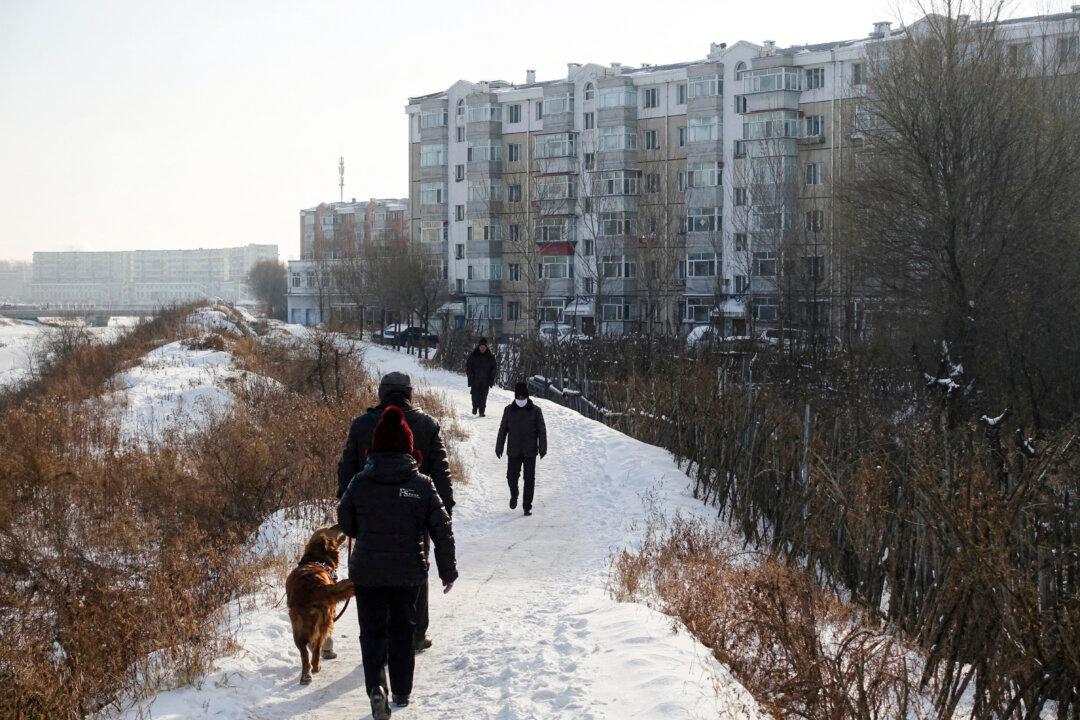Commentary
After a series of tentative moves during the closing months of 2023, Beijing has launched a new solution to the economy’s property crisis—if the leaks and rumors are true.

After a series of tentative moves during the closing months of 2023, Beijing has launched a new solution to the economy’s property crisis—if the leaks and rumors are true.